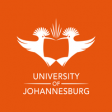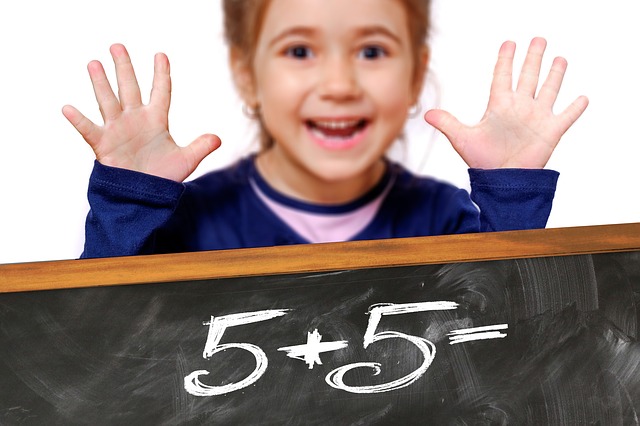Mathematical cognition: Understanding how children acquire mathematical knowledge and skills
Author: Kakoma Luneta Mathematics is mostly an abstract subject. In addition, it involves having to learn arithmetic and numerical rules that are often difficult for learners. In order to assist learners, educators need to understand mathematical cognition. Mathematic cognition can be described as a mental activity that is complex; and is responsible for accomplishments such …


